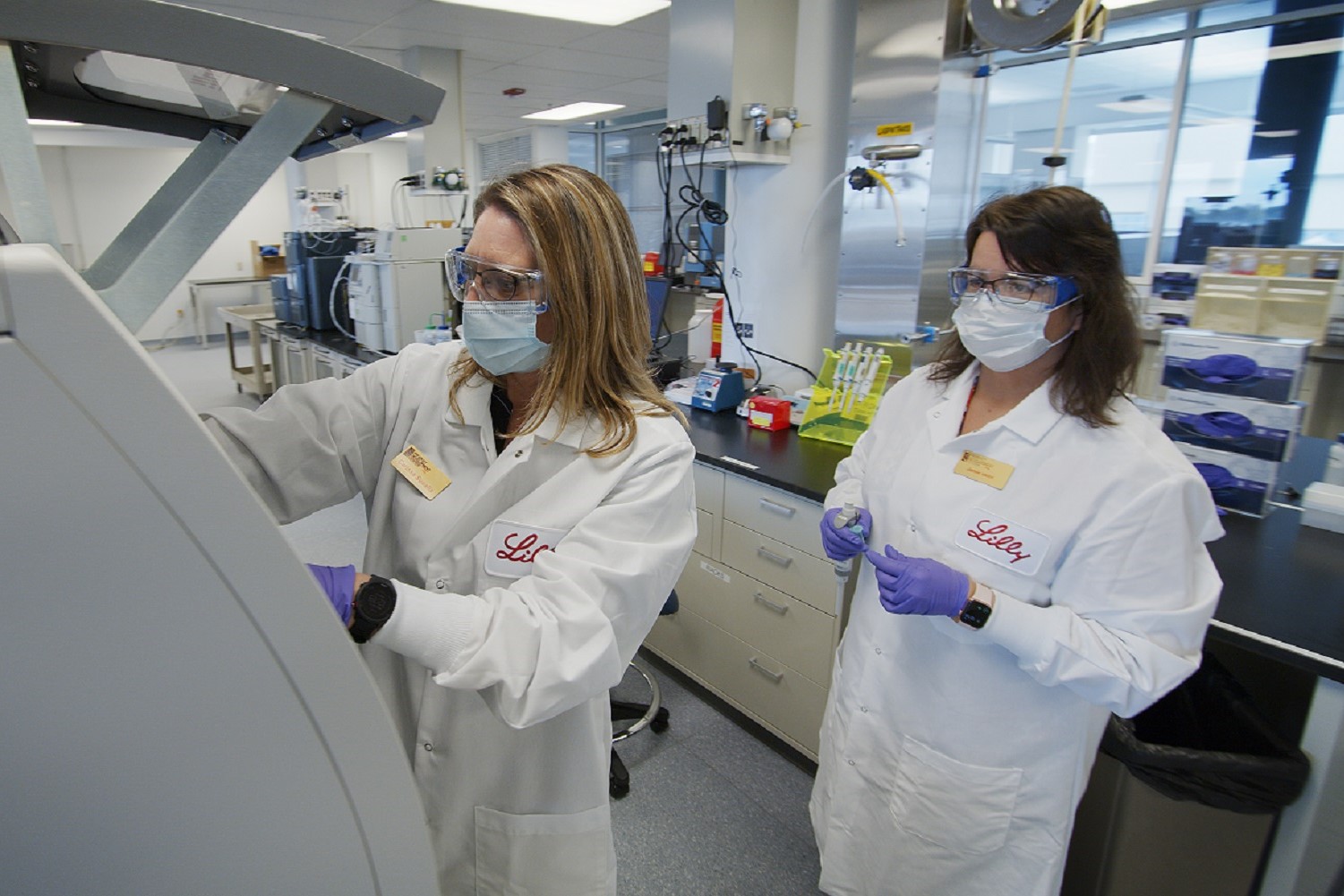
There are more than a few companies out there offering secure messaging services for healthcare — to the point that there is peer-reviewed research on physicians getting overwhelmed with email. But Boston-based startup Awrel sees a big opportunity in dentistry to link practitioners, device manufacturers, laboratories and patients through a secure texting platform.
“Our culture has changed so dramatically,” founder and CEO Dr. Arnold Rosen said. “Everybody is texting.”

With the Rise of AI, What IP Disputes in Healthcare Are Likely to Emerge?
Munck Wilson Mandala Partner Greg Howison shared his perspective on some of the legal ramifications around AI, IP, connected devices and the data they generate, in response to emailed questions.
Rosen, a practicing dentist who has been involved in healthcare communications since co-founding early telemedicine firm Global Telemedix a quarter-century ago, sees dental students texting all the time, often with or about patients. “Obviously, that’s a HIPAA violation,” Rosen said.
Awrel started about a year and a half ago and introduced its product in May 2016, following testing and tweaking of the user experience with two labs and some dental specialists. The company has been self-funded so far by Rosen and several partners, but is in the process of securing venture capital, the CEO said.
The current public release lets customers personalize messages to other care providers and to patients. “It lets institutions have more control” than some other secure messaging vendors in the broader healthcare market, Rosen said. But it’s also targeted at small practices, since the mobile and Web apps promise a low cost of entry, according to the founder.
“We want to provide a really simple platform that utilizes what the current culture is,” Rosen said. That means SMS, or at least a secure version of it that adheres to HIPAA standards. He cited studies that found people open text messages about 98 percent of the time, far more than the 20 percent of emails that get read.
“It’s a much easier way to respond than taking phone calls,” Rosen added.
Awrel and other purveyors of secure messaging for healthcare do not store messages on mobile devices, as prescribed by HIPAA.
Being in Boston, Rosen brought up the case of New England Patriots quarterback Tom Brady, who had embarrassing text messages from a discarded phone unearthed in the “Deflategate” investigation in 2015. “If Brady had used our application, he never would have worried about someone getting a hold of his phone,” Rosen said.
Brady reportedly said he changes phones every four months or so. To address the security and privacy issues inherent in healthcare, one dental school Awrel has approached had been looking at issuing cheap “burner” phones to students. Then, Awrel came into the picture and suggested secure messaging as a better approach, Rosen said.
In addition to hosting its messaging platform in the cloud, Awrel archives all messages to keep a more complete history of communications, whereas other vendors might delete secure texts after 30 days, according to Rosen.
For now, Awrel wants to engage consumers and build relationships between dentists and patients. Eventually, the company will build in more connectivity and support care plans, according to Rosen. The company has developed application programming interfaces and will be integrating with electronic dental records starting in the second quarter of 2017.
The broader medical industry might be in longer-term plans; in fact, Rosen said that one current test site is a clinic wishing to create care groups for people with type 2 diabetes. “We’ve also had inquiries from a nutrition center,” he said.
Images: Awrel














